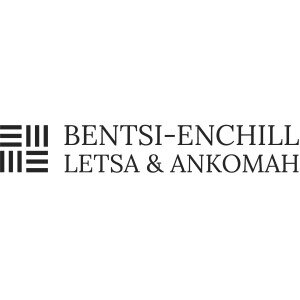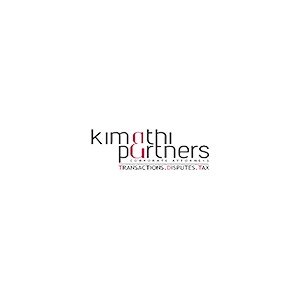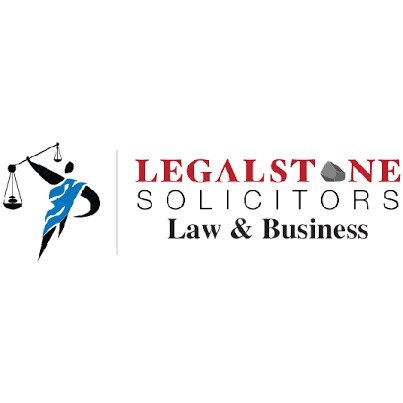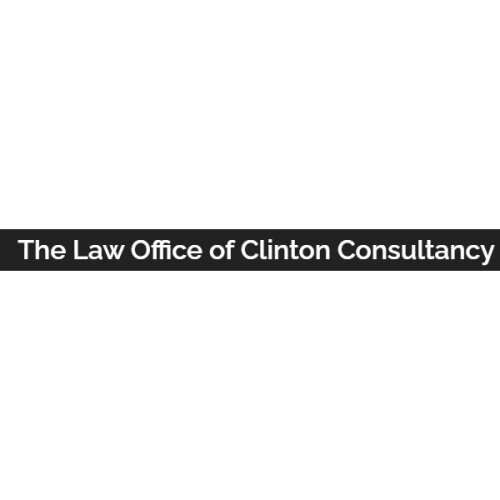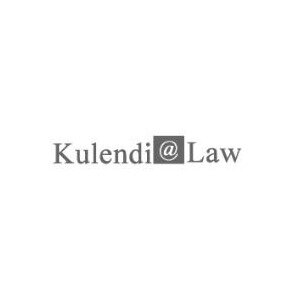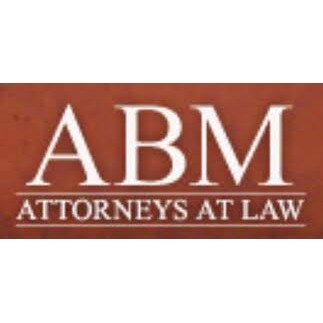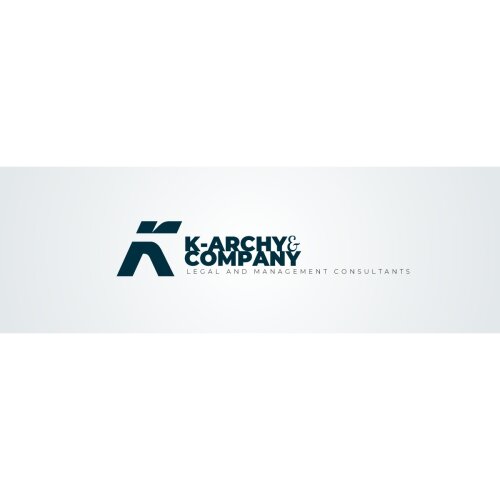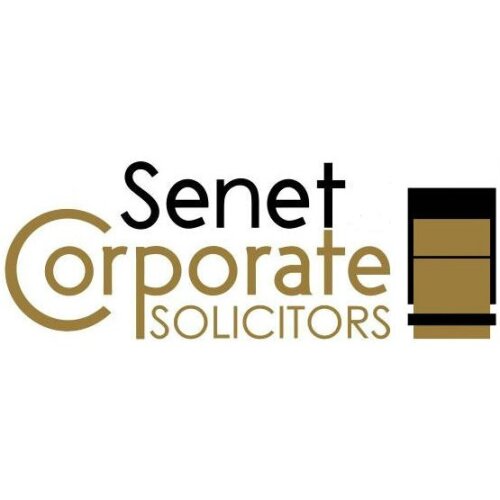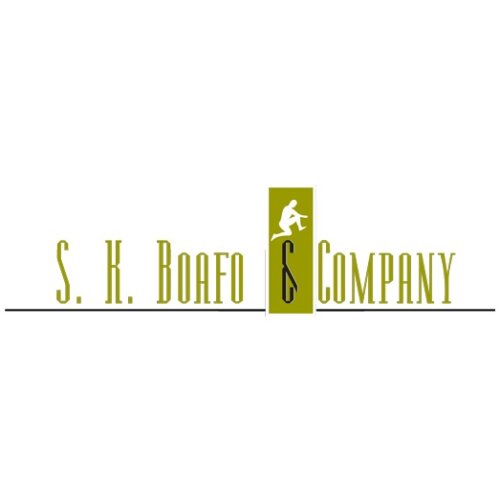Best Ethics and Professional Responsibility Lawyers in Accra
Share your needs with us, get contacted by law firms.
Free. Takes 2 min.
List of the best lawyers in Accra, Ghana
About Ethics and Professional Responsibility Law in Accra, Ghana
Ethics and Professional Responsibility Law in Accra, Ghana, encompasses the rules and standards governing the conduct of professionals in various industries, including law, medicine, accounting, and engineering. This field of law ensures that professionals adhere to ethical practices, maintain integrity, and uphold public trust in their respective professions. Compliance with these standards is essential to protect clients, promote fairness, and maintain the credibility of professional institutions. In Accra, the legal framework for ethics and professional responsibility is influenced by both local regulations and international best practices.
Why You May Need a Lawyer
There are several situations where you might require legal assistance concerning Ethics and Professional Responsibility in Accra, Ghana:
- Professional Misconduct Allegations: If you are a professional facing allegations of misconduct, a lawyer can help defend your case and uphold your rights.
- Compliance Guidance: Organizations often require legal advice to ensure they comply with ethics regulations and avoid potential violations.
- Dispute Resolution: Disputes arising from alleged unethical practices may require legal intervention to resolve matters satisfactorily.
- Licensing Issues: Professionals may need legal assistance when facing challenges related to licensing or accreditation bodies.
- Whistleblower Representation: Individuals reporting unethical practices within organizations may require legal representation to protect themselves from retaliation.
Local Laws Overview
The legal landscape in Accra, Ghana, regarding Ethics and Professional Responsibility is shaped by various statutes and regulatory bodies. Key aspects include:
- Professional Bodies: Various professional bodies, such as the Ghana Bar Association and the Medical and Dental Council, set ethical standards for specific professions.
- Code of Conduct: Most professions have a code of conduct that outlines expected behavior and the consequences of violations.
- Anti-Corruption Laws: Ghana has stringent laws aimed at curbing corruption and promoting ethical behavior across both public and private sectors.
- Disciplinary Procedures: There are established procedures for investigating and disciplining professionals found to violate ethical standards.
Frequently Asked Questions
1. What is considered professional misconduct?
Professional misconduct typically includes actions that violate professional ethics standards, legal responsibilities, or any conduct deemed detrimental to the reputation of the profession.
2. How can I file a complaint against a professional for unethical conduct?
Complaints can usually be filed with the relevant regulatory or professional body overseeing the professional's conduct. They often have specific forms or procedures to follow.
3. Can a lawyer help me understand my professional ethical obligations?
Yes, a lawyer specializing in Ethics and Professional Responsibility can provide guidance on understanding and adhering to your ethical obligations under local laws and professional codes.
4. What are the consequences of violating professional ethics in Ghana?
Consequences may include fines, suspension, revocation of license, or even criminal charges, depending on the severity of the violation and governing laws.
5. Are there protections for whistleblowers in Ghana?
Yes, Ghana has laws that protect whistleblowers from retaliation, and legal advice can help ensure these protections are upheld.
6. What should I do if I receive a notice of a professional conduct investigation?
Seek legal counsel immediately to understand the implications, prepare your response, and protect your professional rights.
7. How can a business ensure compliance with ethical standards?
Businesses can adopt comprehensive compliance programs, provide ethics training, and frequently consult with legal professionals to ensure adherence to ethical standards.
8. Is mediation available for disputes related to professional ethics?
Yes, mediation is often a preferable alternative to litigation for resolving disputes related to professional ethics, as it is generally faster and less adversarial.
9. Can professional bodies impose sanctions independently of the courts?
Yes, professional bodies have the authority to impose sanctions such as reprimands or license suspension based on their internal regulatory frameworks.
10. Do international ethical standards apply to Ghanaian professionals?
While primarily governed by local laws, international ethical standards may influence local practices, especially in professions with global frameworks.
Additional Resources
For further assistance, consider reaching out to the following resources:
- Ghana Bar Association: Provides guidance on legal ethics for lawyers.
- Medical and Dental Council: Oversees medical professionals' conduct.
- National Labour Commission: Handles labor-related ethical disputes.
- Public Sector Commission: Addresses public sector ethical issues.
Next Steps
If you need legal assistance in Ethics and Professional Responsibility, consider the following steps:
- Consult with a Lawyer: Seek out a lawyer experienced in Ethics and Professional Responsibility to evaluate your case and provide expert advice.
- Gather Relevant Documentation: Collect all relevant documents and evidence related to your case for a thorough review by your legal counsel.
- Understand Your Rights: Ensure you are fully aware of your rights and obligations under the law and your professional code of ethics.
- Follow Legal Recommendations: Adhere to the legal guidance and strategies crafted by your attorney to best address your concerns.
Lawzana helps you find the best lawyers and law firms in Accra through a curated and pre-screened list of qualified legal professionals. Our platform offers rankings and detailed profiles of attorneys and law firms, allowing you to compare based on practice areas, including Ethics and Professional Responsibility, experience, and client feedback.
Each profile includes a description of the firm's areas of practice, client reviews, team members and partners, year of establishment, spoken languages, office locations, contact information, social media presence, and any published articles or resources. Most firms on our platform speak English and are experienced in both local and international legal matters.
Get a quote from top-rated law firms in Accra, Ghana — quickly, securely, and without unnecessary hassle.
Disclaimer:
The information provided on this page is for general informational purposes only and does not constitute legal advice. While we strive to ensure the accuracy and relevance of the content, legal information may change over time, and interpretations of the law can vary. You should always consult with a qualified legal professional for advice specific to your situation.
We disclaim all liability for actions taken or not taken based on the content of this page. If you believe any information is incorrect or outdated, please contact us, and we will review and update it where appropriate.



